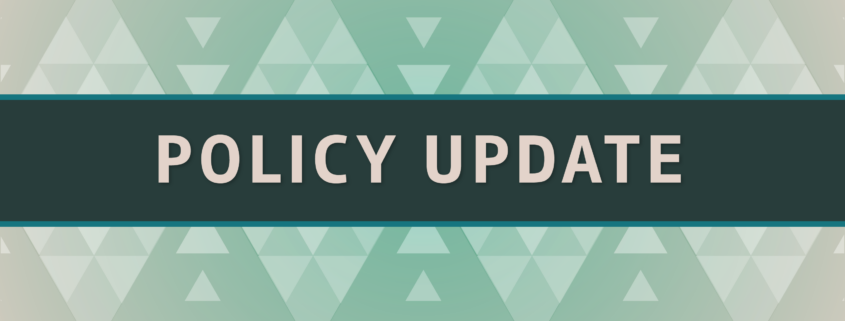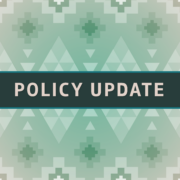NCUIH Recommends Noncompetitive Funding Model and Support for Whole Family Substance Abuse Treatment in IHS Behavioral Health Initiatives
On July 22, 2024, the National Council of Urban Indian Health (NCUIH) submitted comments to the Indian Health Service (IHS) Director, Roselyn Tso, in response to a May 21, 2024, Dear Tribal Leader and Dear Urban Indian Organization Leader letter (DTLL/DULL) and June 20, 2024, Urban Confer on IHS Behavioral Health Initiative Funding. In its comments, NCUIH recommended that IHS consider developing a funding methodology similar to the Special Diabetes Program for Indians (SDPI) National Funding Formula, which was developed to avoid competition for funds and to reduce barriers to access in an effort to ensure equitable distribution of funds for behavioral health grant funding.
Background
President Biden’s December 6, 2023, Executive Order (EO) 14112, “Reforming Federal Funding and Support for Tribal Nations To Better Embrace Our Trust Responsibilities and Promote the Next Era of Tribal Self-Determination,” directs Federal agencies to implement reforms to federal funding and support programs to make them more accessible, flexible, and equitable. In accordance with EO 14112, the IHS Division of Behavioral Health (DBH) is evaluating Agency-wide processes for distributing appropriated funding for behavioral health initiatives. In fiscal year 2024, the IHS administers more than $59 million in behavioral health initiatives funding, including the seven grant programs that address substance abuse, domestic violence, suicide, and youth regional treatment centers aftercare.
Almost every UIO provides behavioral health, mental health, or substance use disorder care, in addition to primary care services, Traditional Healing and Medicine, and social and community services. Further, seven UIOs have intensive inpatient/residential services as part of their behavioral health services. To fund this important work, 18 UIOs utilize the seven behavioral health grant programs that IHS is seeking feedback on to support and save lives, but the need for these programs is felt at all 41 UIOs.
NCUIH’s Recommendations and Requests
In response to the May 21 DTLL/DULL and June 20 Urban Confer, NCUIH made the following recommendations and requests to IHS regarding Behavioral Health Initiative Funding:
- Ensure noncompetitive program awards across the I/T/U system
- Support whole family treatment
- Support for youth residential treatment centers at UIOs
- Ensure funding reform for these programs does not create additional reporting requirements
- Continue to engage with UIOs
NCUIH will continue to monitor as IHS conducts the grant funding evaluation process.






